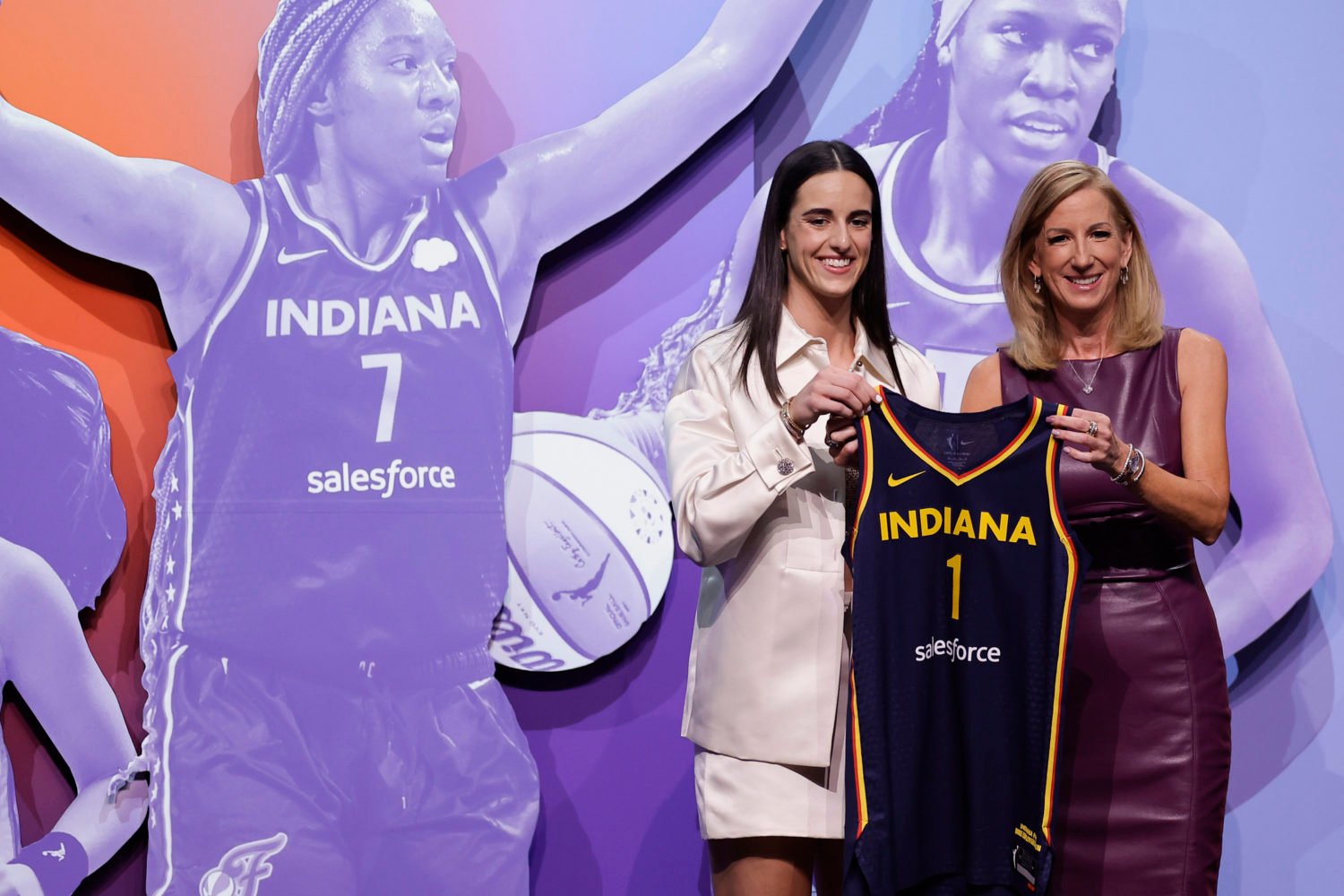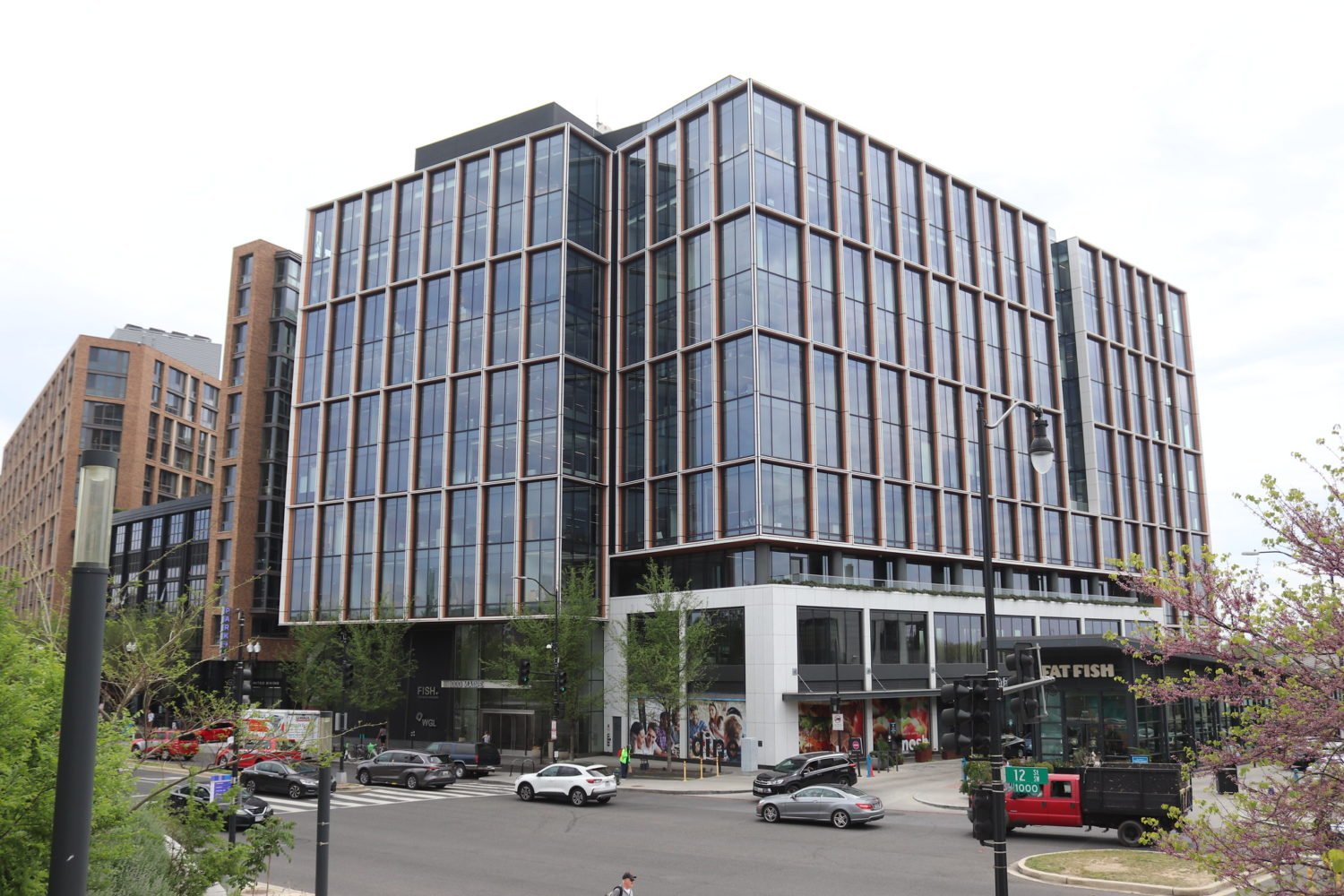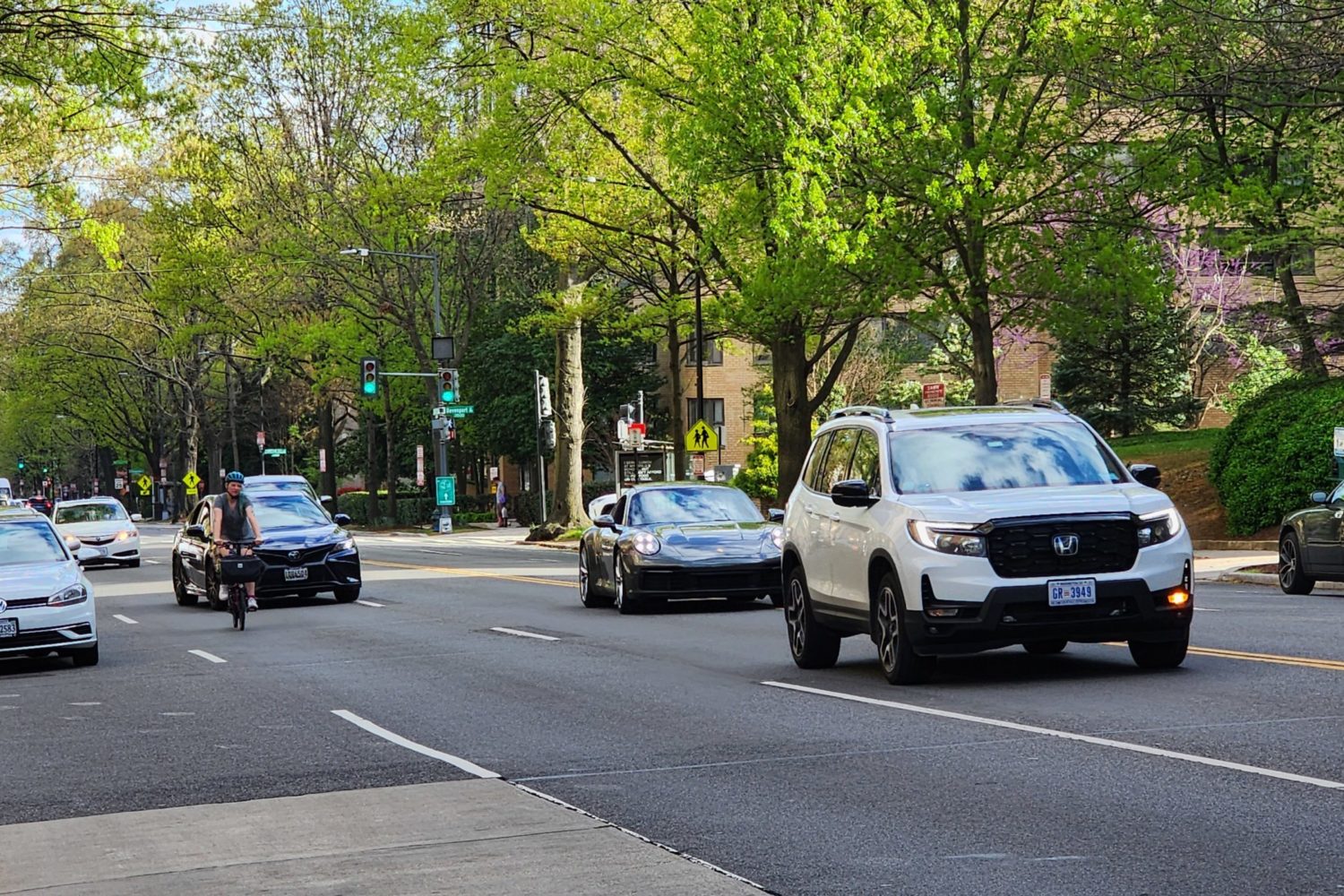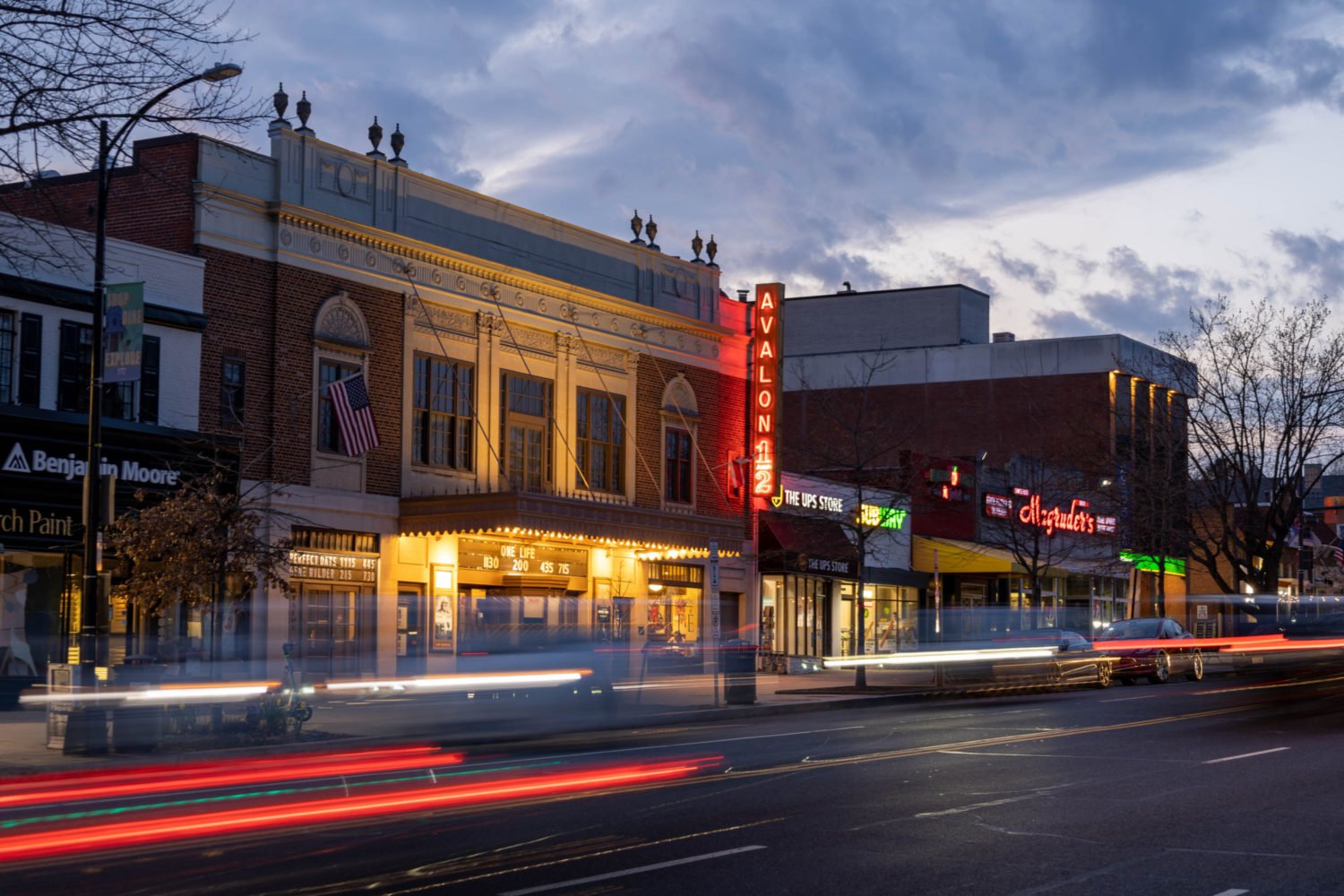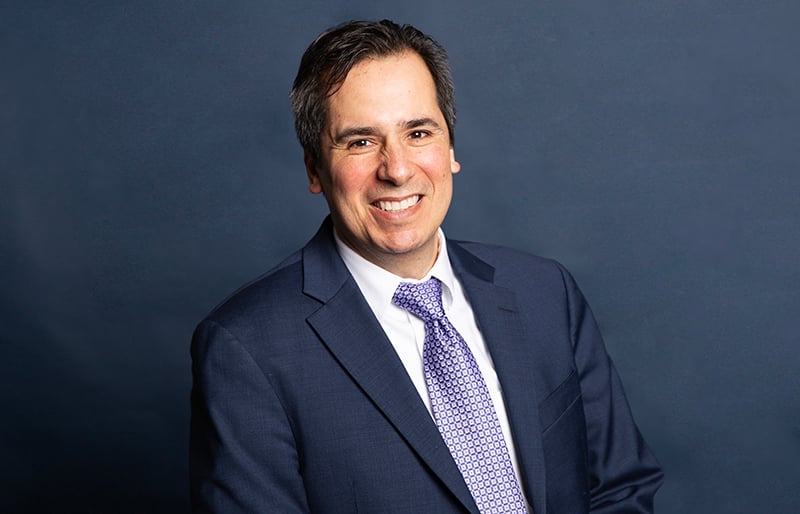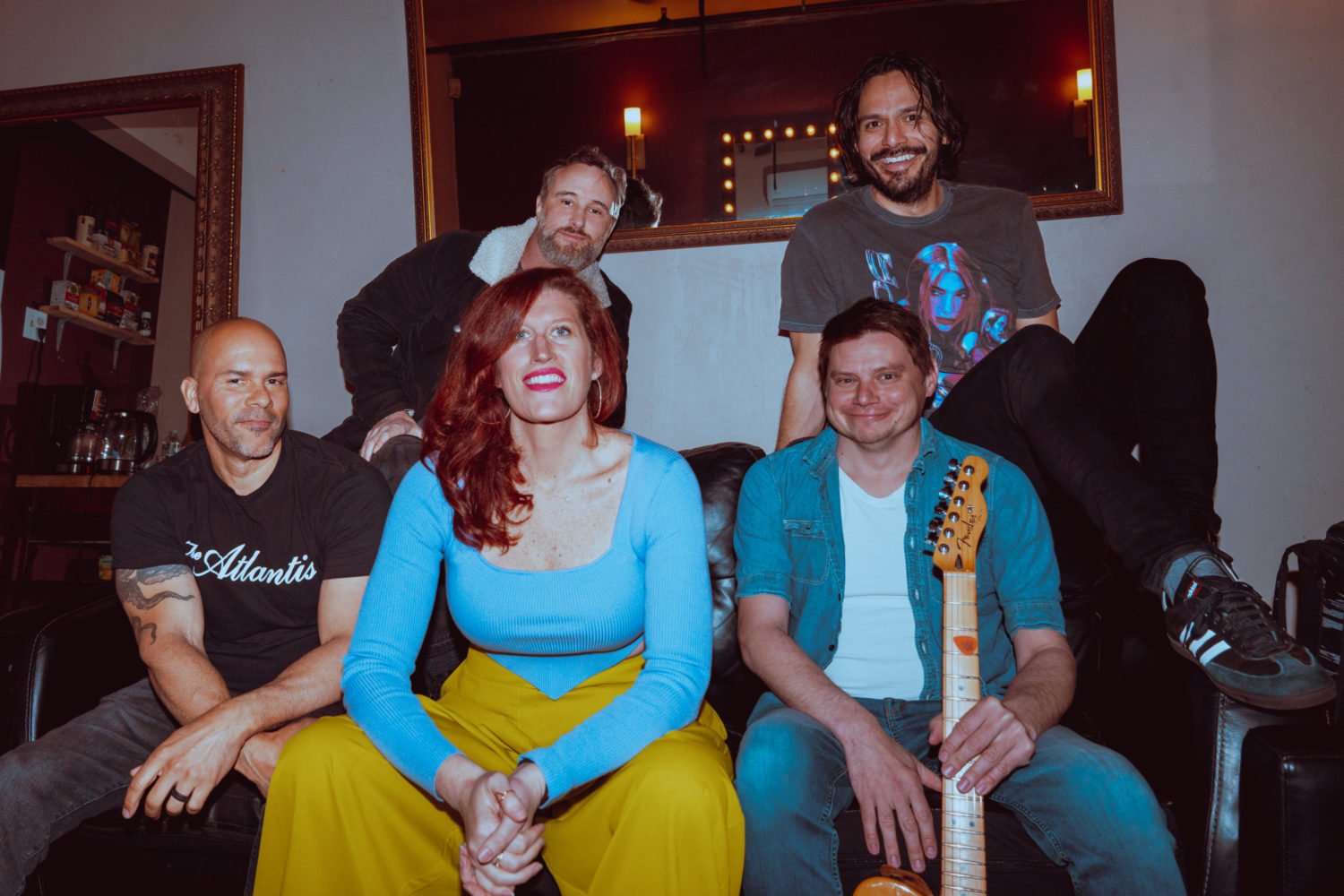Since it opened about two years ago, Scott Abel and Jake Cumsky-Whitlock’s Solid State Books on H Street, Northeast, has built a community of fans as a place to browse, sip coffee, and share ideas. But for many people stuck at home during the crisis, books have become even more important—a way to escape the news or to understand it better.
“We set ourselves up to play an important role in the community, and a community bookstore is a strong piece of any strong neighborhood,” says Cumsky-Whitlock. “We view ourselves that way, certainly.”
So what has it been like to run a bookstore during these times? When the region shut down in response to Covid-19, Solid State closed to in-store customers and began taking phone and e-mail orders. As this curbside model took hold, customers began contacting Abel and Cumsky-Whitlock for help in deciding what to read—and navigating the crisis. “One customer called and we spoke for 45 minutes,” Abel recalls. “She said, ‘You need to charge for this. I don’t get to talk to anybody but my husband and my one-year-old.’ ”
After the killing of George Floyd, customers reached out for guidance on racism, social justice, and police brutality. “With the protests and everything going on with Black Lives Matter, it felt natural to us to play a role in response, in part because I’m Black,” says Cumsky-Whitlock. “As a partially Black-owned bookstore, and one that has taken very seriously its role in pushing diverse books to a diverse community, that’s really been part of our mission from day one.”
As sales of books about racism have surged nationwide, there has been some criticism of the notion that people can read their way toward a solution. “You could lament and say, well, people reading about how to be an antiracist is important [but] maybe not enough,” says Abel. “But it’s definitely a part of the prescription for how we move forward. Maybe it’s a first step.”
Economically, the past few months have been tough. “We’re talking about twice the work for a quarter of the sales,” Cumsky-Whitlock says. Thanks to the Paycheck Protection Program and their own fundraising, they were able keep paying staffers until early June, but they’ve since had to furlough all of them. The owners are optimistic they’ll be able to rehire everyone once the pandemic eases.
Until then, Abel and Cumsky-Whitlock will keep answering the phones. “Everyone who picks up books says, ‘Oh, how you doing? It’s so great to have you here. Thanks so much for doing this. Stay safe,’ ” says Cumsky-Whitlock. “It’s very uplifting.”
Tomes for our Times
What customers have been snatching up during the shutdown: Tons of puzzles and activity books, along with romance and pandemic-related novels like Station Eleven by Emily St. John Mandel.
What Jake Cumsky-Whitlock recommends for anyone feeling overwhelmed and looking for something escapist: The Vanished Birds by Simon Jimenez.
What Scott Abel recommends for anyone who wants to understand the roots of American racism and inequality: These Truths by Jill Lepore.
What both suggest for anyone looking to learn more about racism and police violence: How to Be an Antiracist by Ibram X. Kendi, So You Want to Talk About Race by Ijeoma Oluo, and The End of Policing by Alex S. Vitale.
This article appears in the August 2020 issue of Washingtonian.

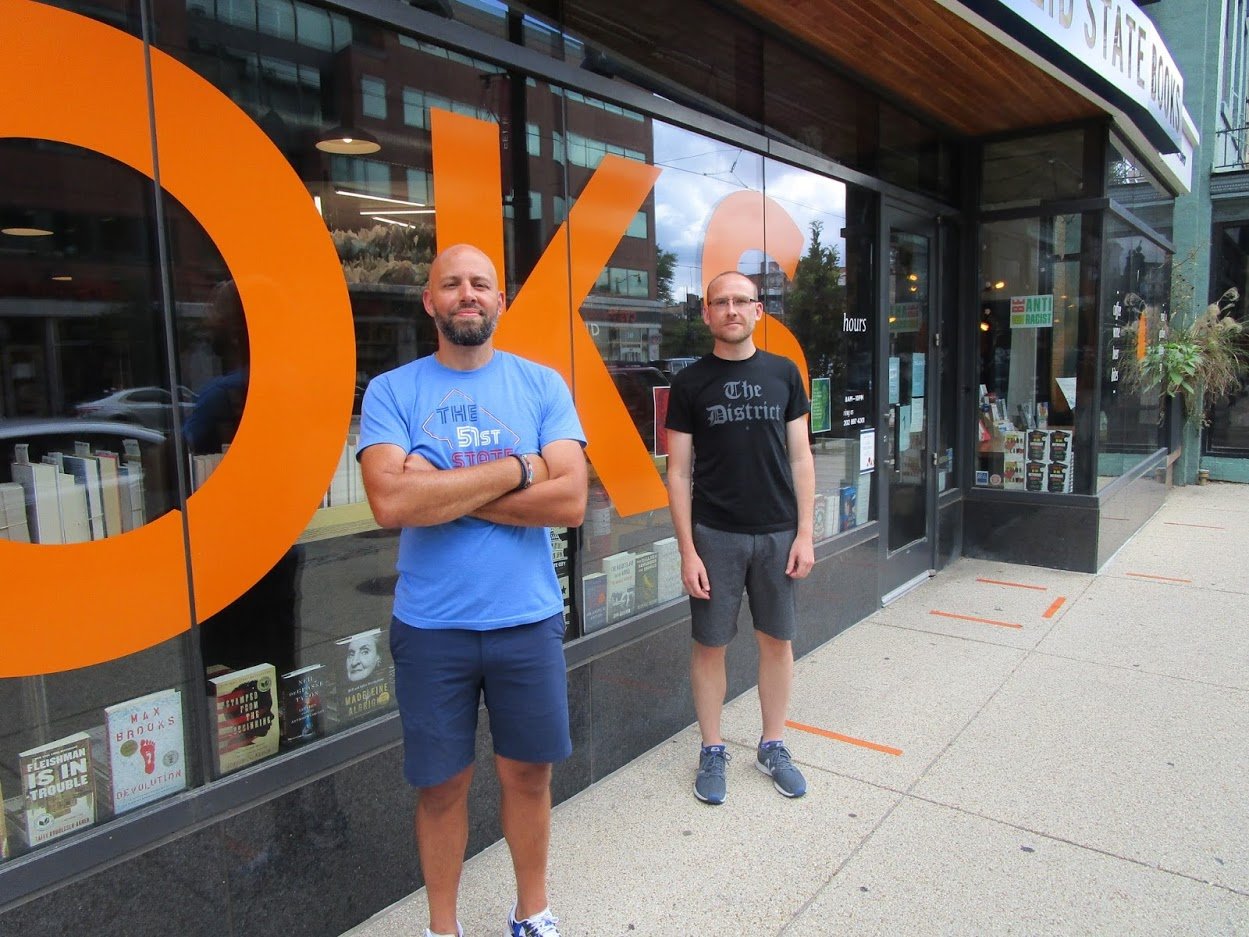
![Luke 008[2]-1 - Washingtonian](https://www.washingtonian.com/wp-content/uploads/2017/10/Luke-0082-1-e1509126354184.jpg)









